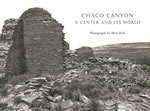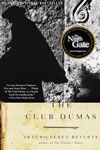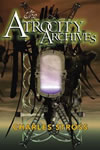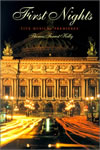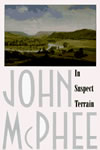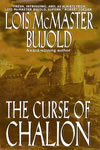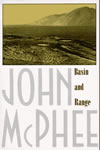This unusual volume collects a set of fine photographs of Chaco, summer and winter, along with three intelligent but specialized papers from the '90s about the Chaco Phenomenon. The gem is Stephen Lekson's "Thinking About Chaco", which surveys the shifting historiography of Chaco and indeed of the Anasazi with wit and insight. Of the Great Generation of American archaeologists, Lekson writes that
they had images of the pueblos that were part reality and part projection of what early twentieth-century America apparently needed to see: independent, self-sufficient agrarian villages. Small democratic city-states fit the times, and, based on this version of Pueblo life, each ruin at Chaco was seen as a separate town.
This is, perhaps, restating Haraway, but this way takes a lot less parsing of syntactically fractured sentences.
They weren't separate, and they weren't towns.
December 10, 2004 (permalink)
